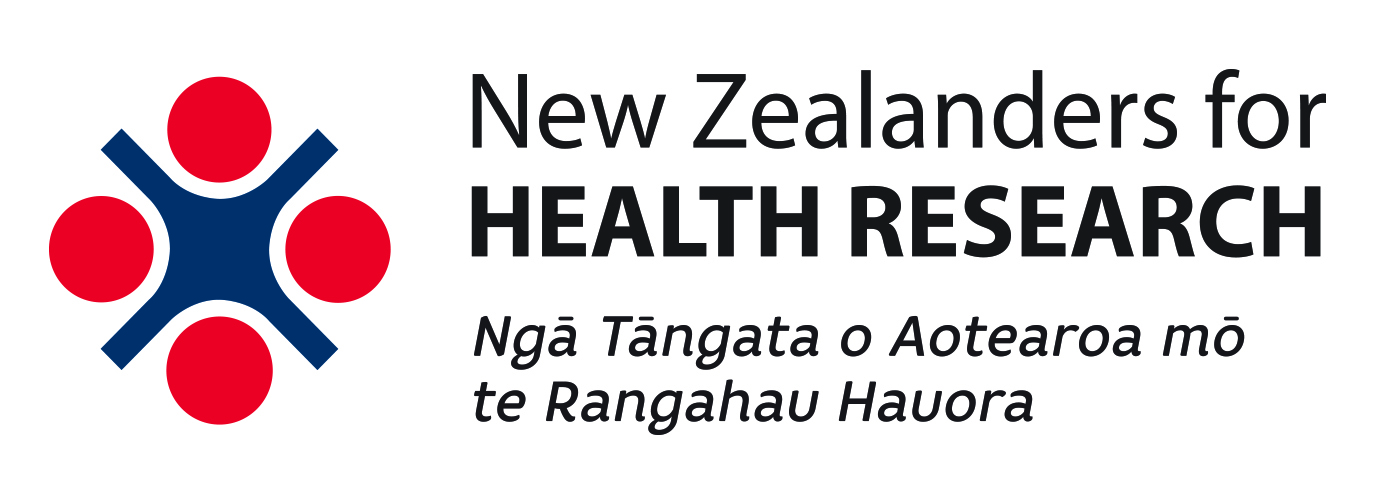News & Opinion
Two University of Otago staff have received emerging researcher first grants in the Health Research Council’s 2017 funding round announced today: Dr Moritz Lassé (Department of Medicine, University of Otago, Christchurch) Improving risk assessment for worsening kidney function in heart failure $170,877, 36 months Dr Damian Scarf (Department of Psychology) Extending brief alcohol interventions using…
Read MoreA group of high powered health professionals, scientists and veterinary experts has published a report highlighting concerns around increasing rates of antibiotic resistance. The Royal Society Te Aparangi wants all New Zealanders to better understand the issue and its implication for our future health. Earlier this year, the World Health Organisation raised concerns about the…
Read MoreThree-dimensional printing has been used to create mouse ovaries made of gelatin, able to ovulate and produce eggs that can be fertilised and carried to full term. The achievement is described in the journal Nature Communications. It represents a big step towards what Teresa Woodruff of the Women’s Health Research Institute at Northwestern University, Illinois,…
Read MoreMetastatic cancer, in which cancer has spread to other sites beyond the primary tumour, is responsible for almost all cancer deaths, and treatment options remain limited. While new immune therapies that help the body’s own immune T cells to attack cancer cells within tumours are showing promise in metastatic cancer, little is understood about how…
Read MoreUsing selected fragments of peanut proteins, Australian biotechnology company Aravax has developed a product that switches off allergic reactions. The product is designed to be safer, more rapid and more convenient than other approaches currently under development. The company has just commenced clinical trials of the potentially life-changing product and anticipates that simple, monthly injections…
Read MoreProfessor Meihana Durie arrives at Te PÅ«tahi-a-Toi supported by his whÄnau and iwi. In a moving powhiri, Massey University has welcomed Professor Meihana Durie, of RangitÄne, NgÄti Kauwhata, NgÄti Raukawa, NgÄti Porou, Rongo Whakaata, NgÄi Tahu, to head the school his father established 20 years ago. Professor Durie’s appointment to Te PÅ«tahi-Ä-Toi, the School of…
Read MoreAustralian researchers have grown brain cells on a semiconductor wafer patterned with nanowires which act as a scaffold to guide the growth of brain cells. The scaffold provides a platform to study the growth of the brain cells and how they connect with each other, said lead researcher Dr Vini Gautam from the Research School…
Read MoreA key gene that helps to explain an underlying cause of incurable bowel disorders has been identified by scientists. A study found that blocking the effects of the beneficial gene can harm vital parts of the cell and lead to bowel disease. The findings boost understanding of the cause of these lifelong conditions and could lead…
Read MoreSchizophrenia affects around 3 out of every 1000 Australians aged 18-45 and as national Schizophrenia Awareness Week commences (14 – 21 May 2017), Australians who live with this debilitating disorder will be questioning if science and research is any closer to understanding why it develops and what we can do about it. For most sufferers…
Read MoreIn the brain of a zebrafish, lymphatic “scavenger” cells (shown in red) wrap around blood vessels (shown in green). The scavenger cells, or mural lymphatic endothelial cells, discovered by scientists at the University of Queensland, are believed to protect the brain from cellular waste, such as excess fats, leaking from the bloodstream. “It is rare…
Read More
